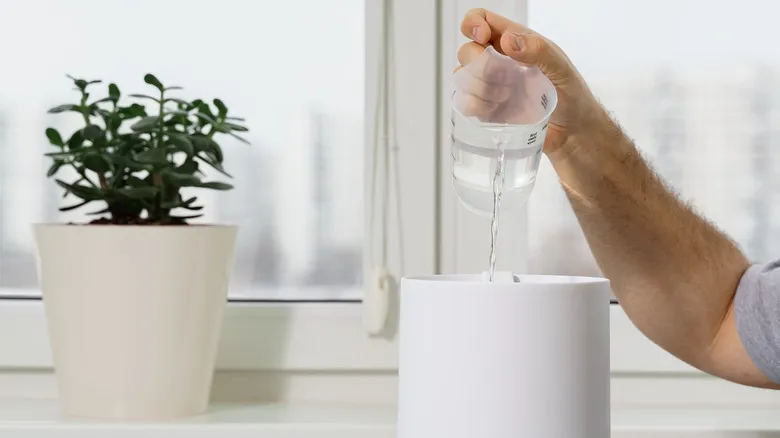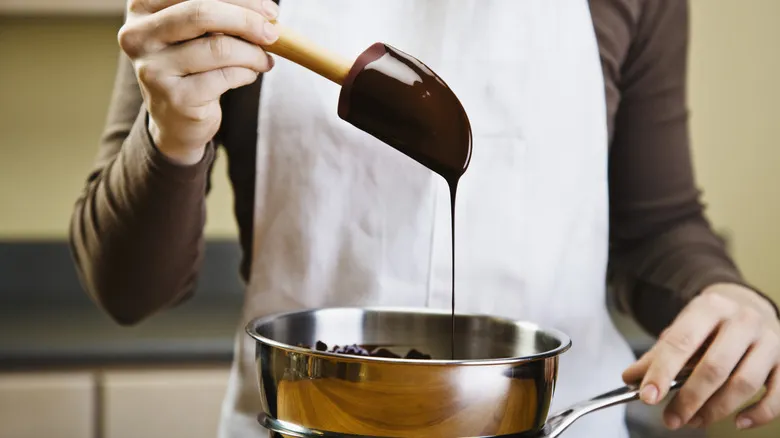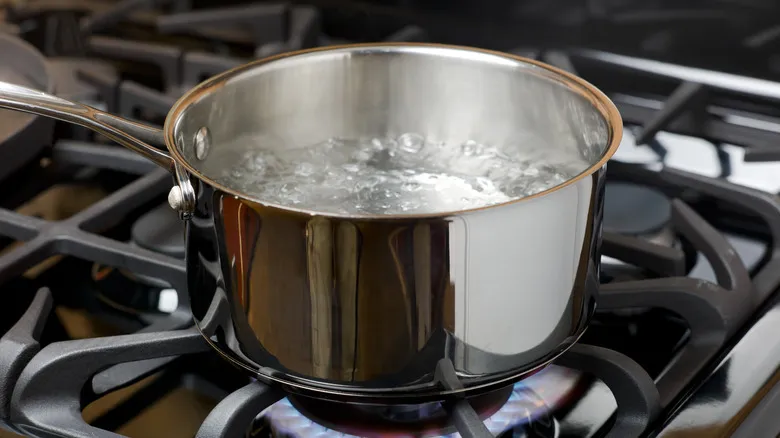What to use distilled water for

Distilled water may not be the ideal choice for quenching your thirst on a hot summer day, but it certainly has its advantages in specific scenarios. While you can drink it and might anticipate a refreshing taste due to its purity, you may be surprised to discover that it tastes rather neutral. Water is inherently bland, but without essential minerals like sodium and calcium, it lacks the flavor it typically has.
On the other hand, distilled water is perfect for various appliances that require water, such as steam irons, humidifiers, and even high-end kitchen tools like steam ovens. It doesn’t leave behind mineral deposits, which helps these devices operate more efficiently and last longer. Additionally, it’s excellent for cleaning purposes. If you’ve ever encountered mineral buildup in your coffee maker, iron, or on glass surfaces, using distilled water can prevent that residue that regular water tends to leave.
Should you use distilled water for cooking? The simple answer is no, it’s generally not recommended. While it can be beneficial for certain tasks like brewing beer, its absence of vital minerals can significantly affect the flavor of your dishes. So, while distilled water might not be the best option for making coffee or boiling pasta, it excels in a range of specialized applications. Plus, you don’t need to rush to the store to get it; just gather your pots, water, a bit of patience, and you’re good to go.
Recommended

Reverse Sear Your Next Pork Tenderloin For More Flavor And Texture

Never Suffer Dry Baked Chicken Again. Here's How

For A Black Bean Burger With Better Texture, Smash It

Make Your Melted Chocolate Smooth And Rich With Just One Common Ingredient
Next up

